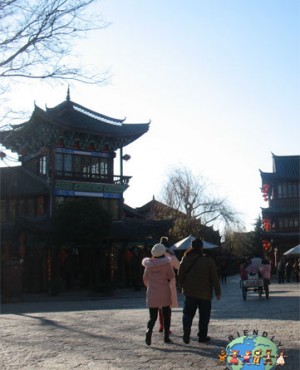
Tokyo – When you think of Japan, what group do you have in mind?
An Ideology Projected From Outside
Outsiders may think that Japan is a highly homogenous society. This is not the case. There are distinct identities among the indigenous people of Japan. It’s just that many of the locals are associated with the dominant group, which is the Yamato Japanese.
The Yamato comprise the largest chunk of the country’s population and have ruled for most of Japanese history. However, the name Yamato was only used around the 19th century to help distinguish the mainland residents from the growing minority ethnic groups in the country, namely, the Koreans, Ainu, Oroks, Taiwanese, Ryukyuans, and Nivkh. The question is, do the Japanese people consider themselves as members of the Yamato people?
Modern-Day Distinction
Nowadays, many Japanese people as well as travelers may see references to the Yamato term in various instances: street names, family names, and even fictional labels. However, they rarely associate it with an ethnic group. This is mainly because the term was used at a time when there was a need to differentiate the people from ethnic minorities. Nowadays, the need to identify themselves as members of a particular indigenous community is not as prevalent as before.
Language Evolution: Diverse Yet Known
Even as the Japanese people seem oblivious of the distinction in their ethnicities, their language remains as a representation of the influence of the Yamato people.
Over time, the Yamato language (Yamato Kotoba) went the same way as the Yamato people. Even though it was the dominant language used in the past, the Chinese influence that came after the period shaped the development of the current Japanese language. Nevertheless, Yamato Koroba continues to play an important role in modern Japanese writing and speaking. Thus, as younger Japanese people continue to live in a seemingly homogenous community with a developing awareness of the minorities, the language of the Yamato people will continue to be a part of their lives. Despite the lack of cultural identifiers in the educational system and the society, the Japanese people will continue to be a part of a diverse yet colorful history.



